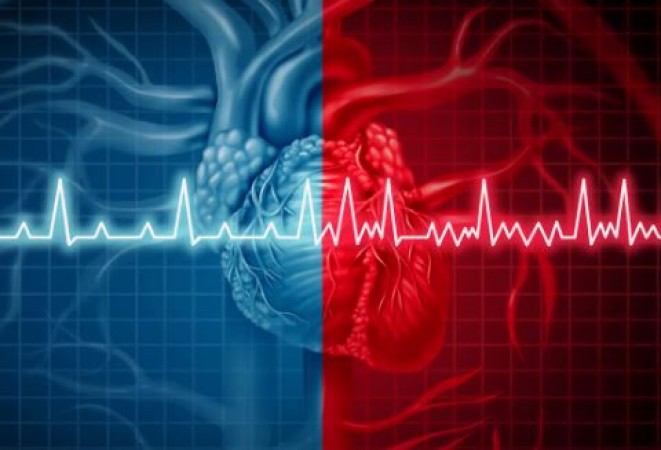
Artificial Intelligence (AI) continues to make significant strides in various fields, and its latest endeavor involves revolutionizing the way we monitor heart health. By harnessing the power of AI, healthcare professionals can now not only listen to the heartbeat but also accurately assess the condition of the heart, leading to more proactive and personalized care for patients.
Traditionally, assessing heart health has relied heavily on diagnostic tests such as electrocardiograms (ECGs) and echocardiograms, along with physical examinations by trained medical professionals. While these methods are effective to some extent, they often only provide a snapshot of the heart's condition at a specific moment in time.
Intermittent Monitoring: Traditional tests offer only intermittent monitoring, making it challenging to detect subtle changes in heart function over time.
Subjectivity: Interpretation of test results may vary among healthcare providers, leading to potential discrepancies in diagnosis and treatment recommendations.
Reactive Approach: Most assessments are conducted in response to symptoms or risk factors, rather than proactively monitoring heart health on an ongoing basis.
With advancements in AI technology, healthcare providers now have access to innovative tools that can continuously monitor and analyze data to provide real-time insights into heart health. These AI-driven solutions offer several advantages over traditional methods:
AI-powered devices can continuously monitor various parameters such as heart rate, rhythm, and activity levels, providing a comprehensive view of the heart's function over time. This continuous monitoring allows for early detection of abnormalities or changes that may indicate potential health issues.
By analyzing large datasets and utilizing machine learning algorithms, AI can predict the likelihood of cardiovascular events such as heart attacks or strokes. These predictive analytics enable healthcare providers to intervene proactively and implement preventive measures to mitigate risks and improve patient outcomes.
AI algorithms can generate personalized insights based on individual patient data, including demographics, medical history, and lifestyle factors. This tailored approach to heart health monitoring allows for customized treatment plans and interventions that address the specific needs of each patient.
One of the most significant advantages of AI-powered heart health monitoring is the ability to remotely collect and analyze data. Patients can use wearable devices equipped with AI algorithms to track their heart health in real-time, providing healthcare providers with valuable information even outside the clinical setting.
AI algorithms can analyze vast amounts of data with speed and accuracy far beyond human capabilities. This efficiency not only saves time for healthcare providers but also enhances the accuracy of diagnosis and treatment decisions.
AI-driven heart health monitoring solutions are already making a difference in clinical practice:
AI algorithms can detect irregular heart rhythms, such as atrial fibrillation, from continuous ECG monitoring, enabling early intervention to prevent complications such as stroke.
By analyzing multiple risk factors and patient data, AI can stratify individuals into different risk categories for cardiovascular disease, allowing for targeted interventions and preventive measures.
Wearable devices equipped with AI technology enable remote monitoring of patients with chronic heart conditions, providing timely alerts to healthcare providers in case of any abnormalities.
While AI holds immense promise for transforming heart health monitoring, several challenges need to be addressed:
With the collection of sensitive health data, ensuring patient privacy and data security is paramount to the widespread adoption of AI-driven solutions.
Integration of AI systems with existing healthcare infrastructure and electronic health records (EHRs) is crucial to ensure seamless communication and data sharing across different platforms.
AI algorithms for medical use must undergo rigorous testing and regulatory approval processes to ensure safety, efficacy, and reliability.
Efforts are needed to ensure equitable access to AI-driven heart health monitoring solutions, particularly among underserved populations and regions with limited healthcare resources.
The integration of AI into heart health monitoring represents a significant paradigm shift in healthcare, offering continuous, personalized, and proactive approaches to assessing and managing cardiovascular risk. While challenges remain, the potential benefits of AI in improving patient outcomes and reducing healthcare costs are undeniable. With continued innovation and collaboration, AI will undoubtedly play a central role in shaping the future of cardiovascular care.
Kangana Ranaut Steps into Politics: A New Chapter Begins
Alia Bhatt to Host Inaugural 'Hope Gala' in London: A Night of Charity and Glamour
Taapsee Pannu Ties the Knot with Mathias Boe in Intimate Udaipur Wedding